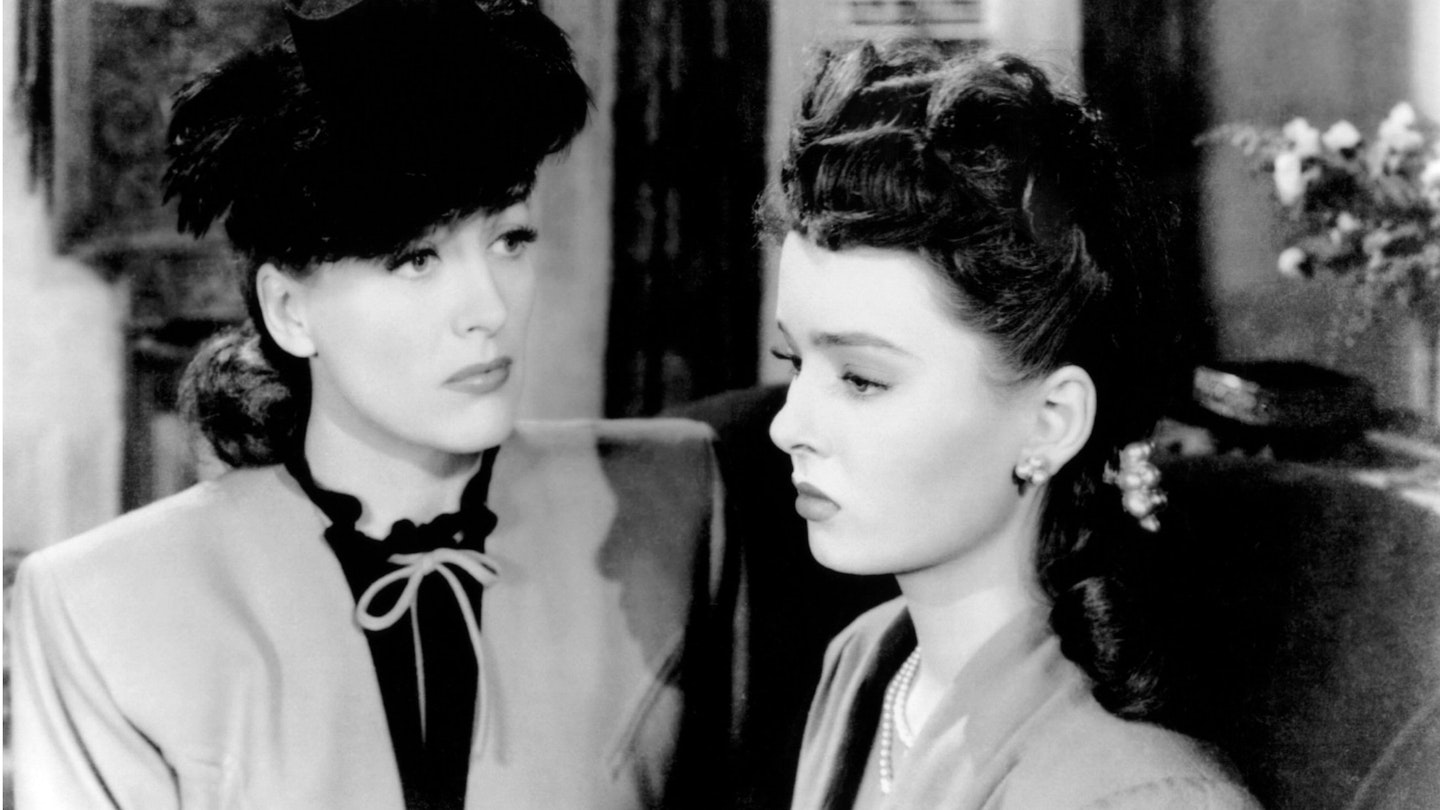People forget that Mildred Pierce, celebrated as a definitive '40s women's picture of maternal suffering and a seething domestic soap opera, is an adaptation of a breathtakingly perverse and misogynous novel by James M. Cain, a major influence on noir and explorer of the unhealthy mind.
After Bette Davis and Barbara Stanwyck turned it down, it was tailored at Warner Bros into a stunning comeback for Crawford, two years after MGM cut her loose as 'box office poison'.
Mildred's clinging devotion to her rotten Veda is sick. It drives her from happy homemaker to heartbroken entrepreneur in an upwardly mobile, morally bankrupt, spiral of obsession and greed, and ultimately sends her into a police station to confess to the murder of her second husband, the cad and wastrel Monte, with whom Veda has been carrying on.
Like most of Cain's protagonists, Mildred narrates. Fur-coated, she takes us, mesmerised, through major flashback sequences that depict her life in the kitchen, a parade of useless men and Veda's maturation into a viper.
Mildred Pierce won Crawford the Oscar she desperately coveted and still endures as her most popular picture. While the film launched her on a new phase as an icon of pulp torment, it is distinct from the rest because it is superbly nasty noir that plays havoc with the era's American ideals of women, home, mom and her apple pie.
Elsewhere, Blyth, only 17, earned one of the film's six Academy Award nominations (Best Picture among them), and is sneeringly sensational as the contemptuous teen femme fatale. Curtiz's masterly deployment of actors and technical elements (including a grade A supporting cast, cinematographer Ernest Haller's expressive shifts from sunny suburbia to shadowy nightmare and Max Steiner's score) is intoxicating.
